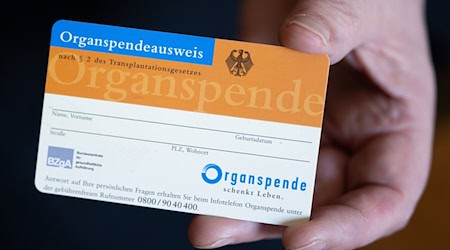Saxony, Saxony-Anhalt and Thuringia are among the federal states with a good level of medical care for unintentionally pregnant women. According to a study sponsored by the Federal Ministry of Health, the level of care in these three federal states is high - as it is in Mecklenburg-Western Pomerania, Berlin, Hamburg, Bremen and Berlin. In Bavaria, Rhineland-Palatinate and Baden-Württemberg, on the other hand, the level of care was found to be low.
Project with health policy relevance
The authors also attribute the comparatively good level of care to the previous legal situation in the GDR. The so-called "deadline solution" that was in force there until 1993 and the state mandate to provide care led to a better care situation, which in part continues to this day.
The health policy and social relevance of the topic also lies in the fact that unwanted pregnancies entail costs for the healthcare system and can be associated with burdens and difficult life situations, according to the authors of the study.
Great regional differences
According to the study, almost 95 percent of the gynaecologists surveyed consider the option of abortion to be an important contribution to healthcare. However, barriers include a lack of services and inadequate facilities.
Although the level of care in the three federal states was rated as high, there are regional differences in the individual states, according to the study. For example, there are smaller areas where the distance to an abortion facility is further than 40 minutes by car.
In Saxony-Anhalt, these are areas in the Harz Mountains, Altmark and Fläming, in Saxony mainly on the border with the Czech Republic and Thuringia areas around Gotha.
Copyright 2025, dpa (www.dpa.de). All rights reserved










